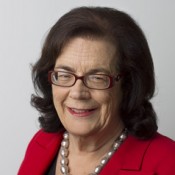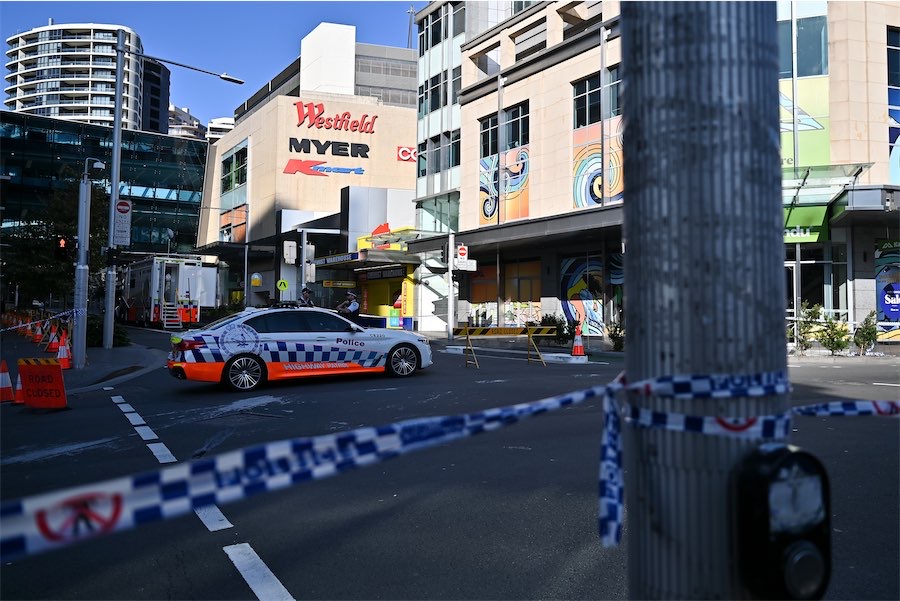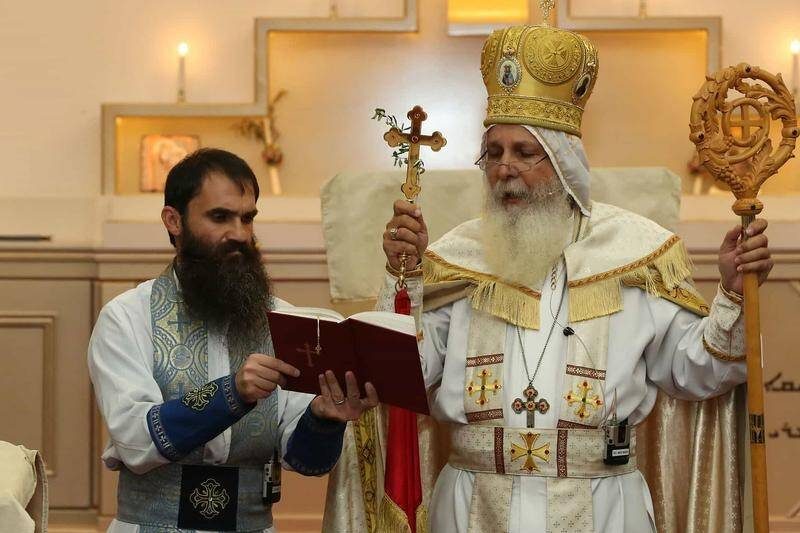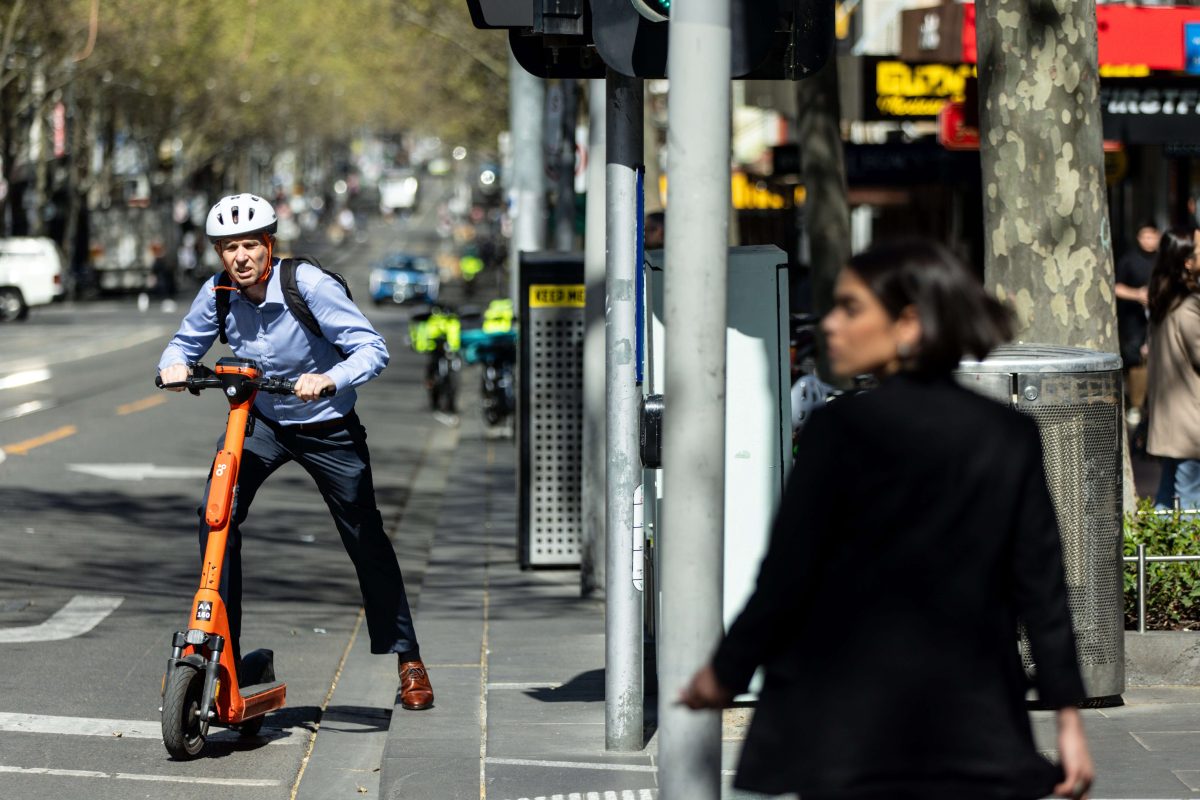CABINET minister Christopher Pyne and the Nationals are winners in Malcolm Turnbull’s post-election reshuffle, which has promoted only one new conservative Liberal face to the frontbench.
Victorian Kelly O’Dwyer is a major loser, with her small business job stripped away. Her assistant treasurer responsibilities have been renamed – she will now be called minister for revenue and financial services.
Pyne moves from industry minister to a new portfolio of defence industry, which gives him control over the shipbuilding industry – of vital importance to his home state of South Australia, and a big stake in the broad defence area.
As a consequence, Defence Minister Marise Payne loses some of her territory. Pyne is seen as a strong public advocate; in contrast Payne does not do a lot of media.
In a concession to the right, Turnbull has put Immigration Minister Peter Dutton onto the cabinet national security committee – something the conservatives have been agitating for.
In other changes among cabinet ministers, Greg Hunt switches from environment to industry, innovation and science, and Josh Frydenberg goes from resources and northern Australia to an expanded environment and energy portfolio, combining all the key energy policy areas.
The Nationals’ Matt Canavan moves into cabinet, taking resources and northern Australia. Fellow National Michael McCormack is elevated into the outer ministry to the small business portfolio.
The demotion of small business from cabinet to the outer ministry is likely to play badly with the sector. Turnbull defended this decision by saying “every minister is a minister for small business”. The job is a prize for the Nationals, who have a big interest in the reform of competition policy.
Nationals deputy leader Fiona Nash adds local government and territories to her regional development and regional communications role.
All existing cabinet ministers remain in the cabinet, with cabinet’s number expanded by one to 23 to accommodate Canavan.
The expanded Nationals presence on the frontbench reflects their good performance in the election, which automatically entitled them to more frontbench representation.
There are only three new frontbenchers – all of them becoming assistant ministers, who used to be called parliamentary secretaries. Two are Nationals.
The one new Liberal face is conservative Zed Seselja, who becomes assistant minister for social services and multicultural affairs.
There had been extensive speculation that Turnbull would promote two of the younger conservative Liberals – the other name mentioned was Michael Sukkar – to relieve some of the pressure from the conservative wing of the party. The Liberal conservatives are likely to be unhappy with the result.
The two Nationals promoted to the frontbench are Luke Hartsuyker – who was dropped from the ministry in an earlier reshuffle and now becomes assistant minister to deputy prime minister Barnaby Joyce – and David Gillespie, who will be assistant minister for rural health.
In changes to the outer ministry, Paul Fletcher becomes minister for urban infrastructure, with a key priority the Western Sydney airport. Scott Ryan takes over special minister of state, held in the last few months by Finance Minister Mathias Cormann; Ryan will also will be minister assisting the cabinet secretary.
Dan Tehan gets defence personnel, while continuing in veterans affairs. He will also become minister assisting the prime minister for cyber security.
In changes to the existing assistant ministers, Karen Andrews goes to vocational education and skills, Alex Hawke to immigration and border security, Keith Pitt to trade, investment and tourism, and Craig Laundy to industry, innovation and science.
Richard Colbeck’s parliamentary future is not clear but is at severe risk in the Tasmanian Senate count and therefore he has not been reappointed to the frontbench. Colbeck said: “I am extremely disappointed to have to relinquish my portfolio but I have to agree with the prime minister that the need to finalise a new team and the uncertainty relating to my Senate seat made it impossible to wait.”
Conservative Liberal Eric Abetz said it was disappointing there was no Tasmanian minister.
Health Minister Sussan Ley has not been moved, despite some criticism of her. She fought a strong rearguard action to head off any attempt to switch her to a new job.
As expected, Tony Abbott remains on the backbench.
Announcing his changes Turnbull talked up the importance of the new defence industry job. “This is a key national economic development role,” he said.
“The minister for defence industry will oversee the naval shipbuilding plan which will create 3600 new direct jobs and thousands more across the supply chain across Australia. Beyond shipbuilding we have a massive defence industry investment and acquisition program including on land, in the air and in cyberspace.”
Pyne said: “Our defence industry has the capacity to be an economic and innovation driver as we shift from the post mining construction boom period into a new age of innovation. As minister I will be focused on ensuring we grasp this once in a generation opportunity and ensure our plans for job creation and economic growth are realised.”
Turnbull said this term was a time for delivering; he told the Coalition partyroom: “We won’t hit the ground reviewing, we will hit the ground doing”. Parliament is to return on August 30.
Bill Shorten said: “Malcolm Turnbull has today announced the largest cabinet since 1975 – when all ministers were in cabinet. But still no room for more women in cabinet. No small business portfolio. No tourism portfolio.”
The seat of Herbert remains undecided. Labor is ahead by eight votes, and there is a recount. If the Liberals lose Herbert the Coalition will have 76 of 150 lower house seats.
Despite much anticipation of a revolt over the government’s superannuation policy, the issue was raised only once in the party room – by Abetz, who has been publicly vocal about it.
The national campaign was defended by party director Tony Nutt and pollster Mark Textor when they addressed the Liberal party meeting, including from post-election criticism that it had not run enough negative attack advertisements.
Nutt said that after a number of complex issues between February to April had caused a decline in the primary vote, from April the strategy needed to refocus on community concern on economic issues.
Voters were concerned about the state of the economy, and wanted the government to have a plan to protect their jobs. They also wanted to know the details of that plan. Focusing on this meant it was “overwhelming important” to stay positive.
Textor stressed the absolute primacy of the jobs issue for the public. He contrasted this with the research before the 2010 election which showed most of the focus was on cost of living. He said there was “daylight” between the economy and jobs and any other issue.

![]()
Michelle Grattan, Professorial Fellow, University of Canberra
This article was originally published on The Conversation. Read the original article.
Who can be trusted?
In a world of spin and confusion, there’s never been a more important time to support independent journalism in Canberra.
If you trust our work online and want to enforce the power of independent voices, I invite you to make a small contribution.
Every dollar of support is invested back into our journalism to help keep citynews.com.au strong and free.
Thank you,
Ian Meikle, editor





Leave a Reply